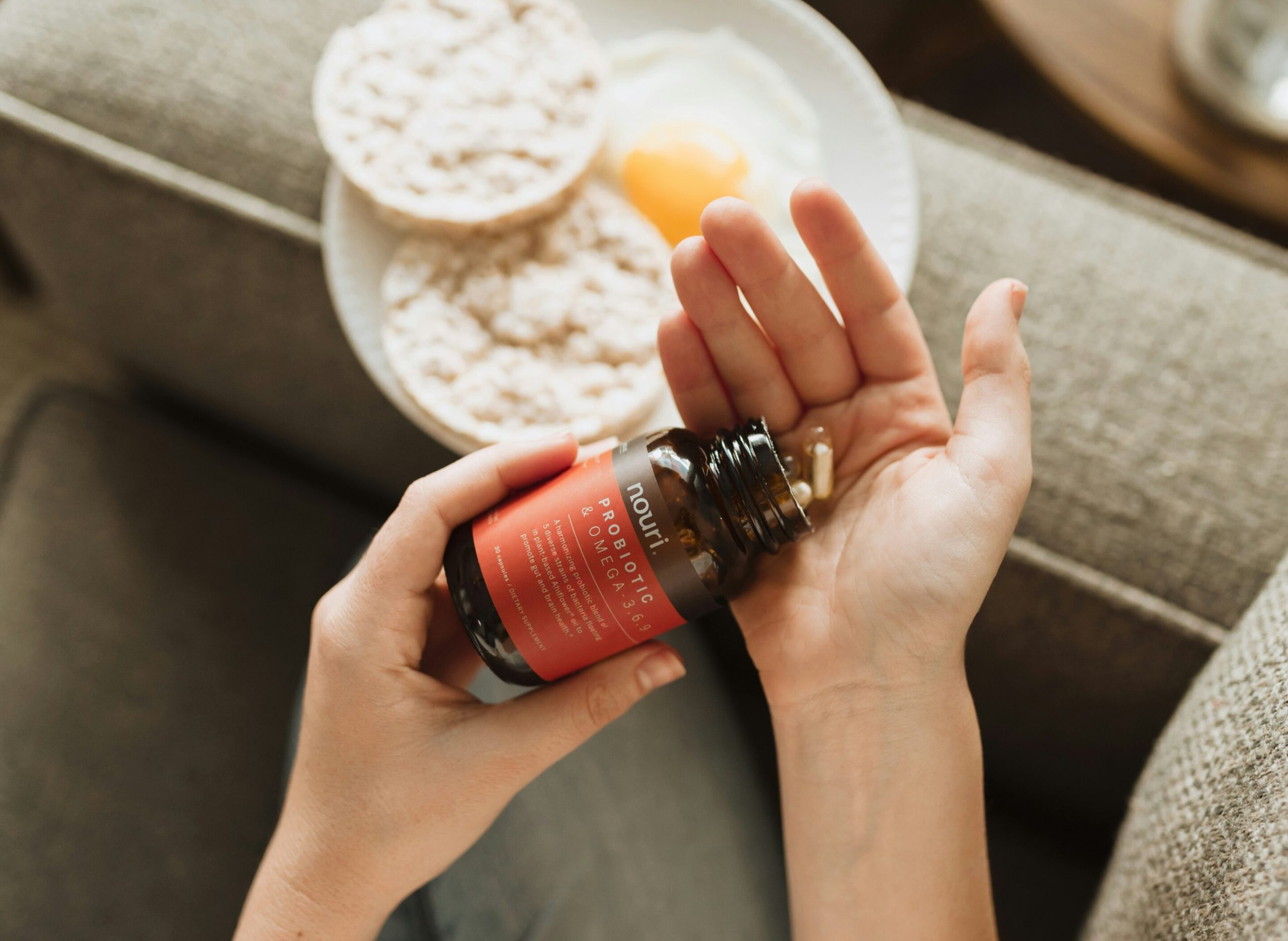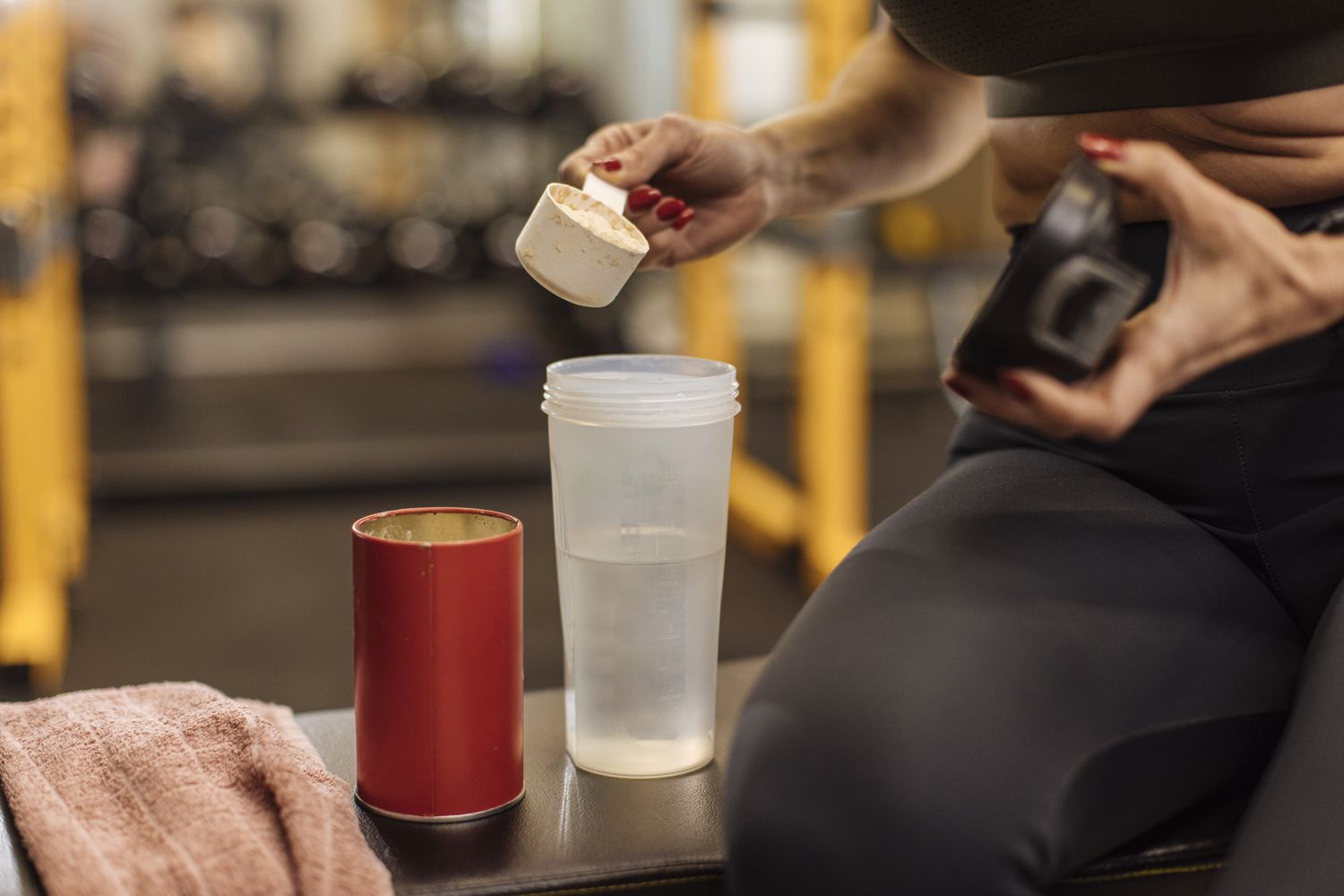Summary
Australians have long been some of the highest users of herbal and nutritional supplements that claim to boost mood or ease depression. These include omega-3s (found in fish oil), St John’s wort, probiotics and vitamin D.
Source: Medical Xpress

AI News Q&A (Free Content)
Q1: What are some common supermarket supplements used by Australians to manage depression?
A1: Australians commonly use supermarket supplements such as omega-3 fatty acids found in fish oil, St John's Wort, probiotics, and vitamin D to manage depression. These supplements are popular due to their availability and the belief in their mood-enhancing properties.
Q2: How effective are omega-3 fatty acids in treating depression according to recent research?
A2: Recent research has shown mixed results regarding the effectiveness of omega-3 fatty acids in treating depression. While some studies suggest they may help alleviate symptoms of depression, others indicate that the evidence is not strong enough to make definitive conclusions.
Q3: Are there any safety concerns associated with using St John's Wort as a treatment for depression?
A3: St John's Wort can interact with various prescription medications, potentially leading to adverse effects or reduced efficacy. Therefore, it is important for users to consult healthcare professionals before using it as a treatment for depression.
Q4: What does current research say about the role of vitamin D in depression management?
A4: Current research suggests that vitamin D may play a role in mood regulation and could potentially help in managing depression. However, further studies are needed to establish a clear connection and determine effective dosages.
Q5: What are the limitations of relying on supermarket supplements for depression treatment?
A5: Supermarket supplements often lack standardized dosages and purity, and their effectiveness varies among individuals. Additionally, they are not a substitute for professional medical treatment and counseling, which are essential for managing depression effectively.
Q6: How are probiotics thought to influence mood and depression according to scientific studies?
A6: Probiotics are believed to impact mood and depression through the gut-brain axis. They may help balance gut microbiota, which in turn can influence neurotransmitter production and inflammation, potentially affecting mental health.
Q7: What are the regulatory guidelines for the use of nutritional supplements for mental health in Australia?
A7: In Australia, nutritional supplements are regulated as complementary medicines. While they are widely available, consumers are advised to use them with caution and seek guidance from healthcare professionals, as they are not subjected to the same rigorous testing as pharmaceutical drugs.
References:
- Depression Detection Using Digital Traces on Social Media: A Knowledge-aware Deep Learning Approach
- Dietary Supplements and Nutraceuticals Under Investigation for COVID-19 Prevention and Treatment
- Chromium Supplementation And The Essentiality Of Chromium To Human Nutrition: A Narrative Review
- Herbal tea





